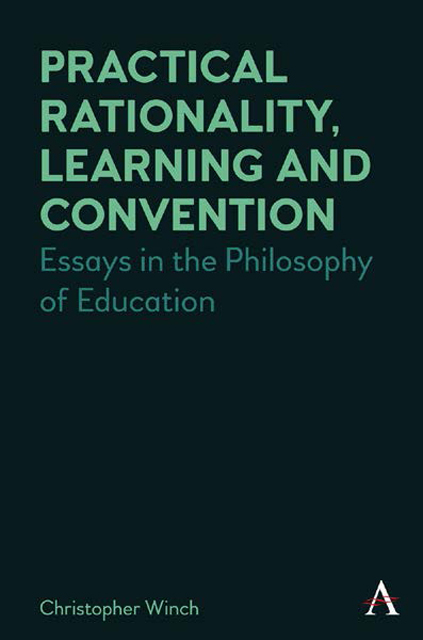Chapter Seven - Assessing Professional Know-How
Published online by Cambridge University Press: 09 December 2022
Summary
Introduction
Questions concerning the assessment of professional know-how are closely related to concerns about how we can confidently attribute know-how to individuals and form part of epistemological debates concerning know-how and its relationship to knowledge-that, as well as to practical questions relating to how professional know-how is assessed.
Whether, when and to what degree we are entitled to attribute professional knowhow to an individual raises special issues which are nevertheless relevant to these epistemological debates as well as having an obvious bearing on professional education and practice. These issues relate both to the rigour and the formality of the assessment of professional know-how, which do not often apply to more informal assessments of knowhow in non- professional situations. I will be particularly concerned with assessment in technical occupations, that is, where a body of systematic knowledge has to be applied for professional action to be successful.
Why do these special issues arise? Professional action typically involves the making of judgements in situations of complexity, variability and unpredictability. Crucially such judgements should be justifiable; an agent needs to be able to give a rationale for what s/he is going to do, is doing or has done. Very often this involves an account of what procedure was followed or a defence of why a certain procedure rather than another was or should be adopted. It is not enough to attribute knowledge of what a certain procedure is to an agent by observing him/her, it is necessary that the agent themselves be able to say why and how such a procedure was adopted, should the need arise. Thus the implicit question ‘How is F done?’ should not only be answered propositionally in a ‘practical mode of presentation’ (Stanley and Williamson, 2001 ), by carrying out a procedure which realises F, but needs on occasion, for example as part of an assessment or a post facto inquiry, an account by the agent as to how they carried out that procedure, why they chose it rather than another or why they decided to act at all.
Much of the mainstream epistemological literature on know-how has focused on skillbased examples like bicycle riding and performing stunts on ice or snow (e.g. Bengson and Moffett, 2007, 2011a; Stanley and Williamson, 2001).
Information
- Type
- Chapter
- Information
- Practical Rationality, Learning and ConventionEssays in the Philosophy of Education, pp. 87 - 104Publisher: Anthem PressPrint publication year: 2022
